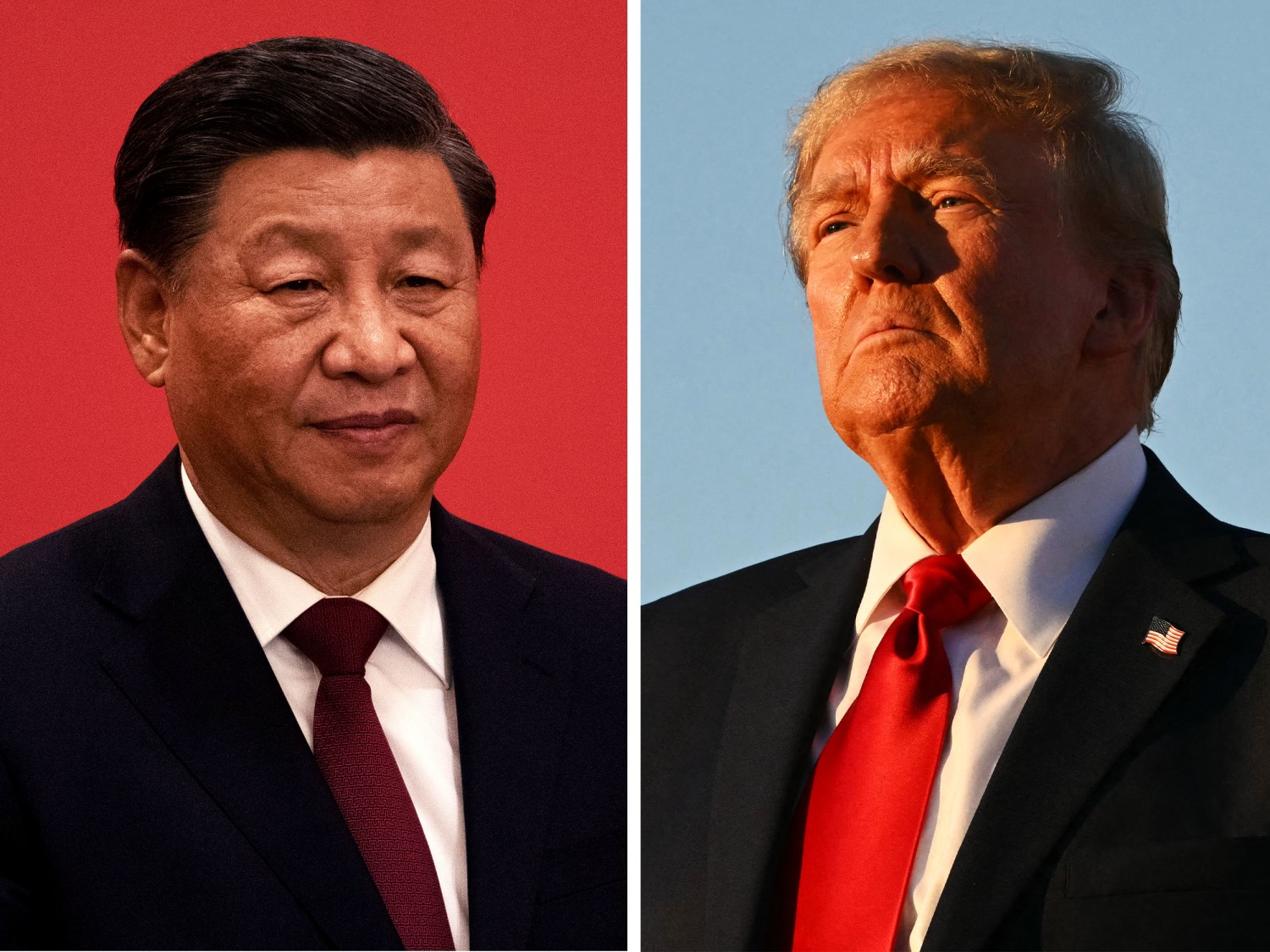 |
Although China can inflict pain on the United States with the economic tools at its disposal if President-elect Donald Trump follows through on his promise to impose 60% tariffs on Chinese imports, using those tools too aggressively risks backfiring on Beijing, The Wall Street Journal reported on Sunday. The big danger is that punishing Western companies and restricting exports of critical minerals and other essentials will only encourage the West even more in its efforts to untangle their economies from China's, which could backfire on Beijing since it remains wedded to an economic model that relies so heavily on selling its goods to Western consumers. Analysts believe China is more likely to wield them sparingly in order to force talks to negotiate a truce. "Just using these tools willy-nilly doesn't make sense. You have to be driving towards an outcome, which is some sort of negotiation," said Logan Wright, head of China markets research at Rhodium Group, a New York-based think tank. Beijing has been showcasing tools it has refined since the trade war during Trump's first administration that it believes are more effective than a tit-for-tat escalation in tariffs, but its mix of export restrictions and the targeting of U.S. companies isn't such a potent set of countermeasures, according to analysts. This is because although China dominates the production and refining of critical minerals, it isn't the sole supplier worldwide and its dominance of critical minerals relies in part on its ability to supply global markets at low prices, making it uneconomic for rivals to invest in alternative production. However, Chinese export controls risk pushing up the market price, changing that calculus, according to The Wall Street Journal. In addition, if China got tough on exports of minerals to the U.S., American companies could potentially secure what they need through reexports by third countries, Gertken said. And if Beijing were to squeeze U.S. companies operating in China, that might persuade American firms to reduce their presence there and dissuade new ones from investing. "Every aggressive move by China accelerates U.S. companies' diversification and decoupling efforts," said Craig Singleton, senior China fellow at the nonpartisan Foundation for Defense of Democracies. "It's a self-reinforcing cycle, much like China's own economic spiral – Beijing's actions ultimately weaken its hand further." Overall, analysts say that Beijing must be mindful of how its attempts to punish the U.S. will be viewed by the rest of the world. Just as some countries voice unease over their dependence on the dollar and the U.S. financial system, others might look askance at their dependence on China for manufactured goods. "Ultimately, these are your customers. You have to keep them buying from you," said Rhodium's Wright. "One way or the other, Beijing has incentives to slow escalation." Brian Freeman ✉Brian Freeman, a Newsmax writer based in Israel, has more than three decades writing and editing about culture and politics for newspapers, online and television. |



No comments:
Post a Comment